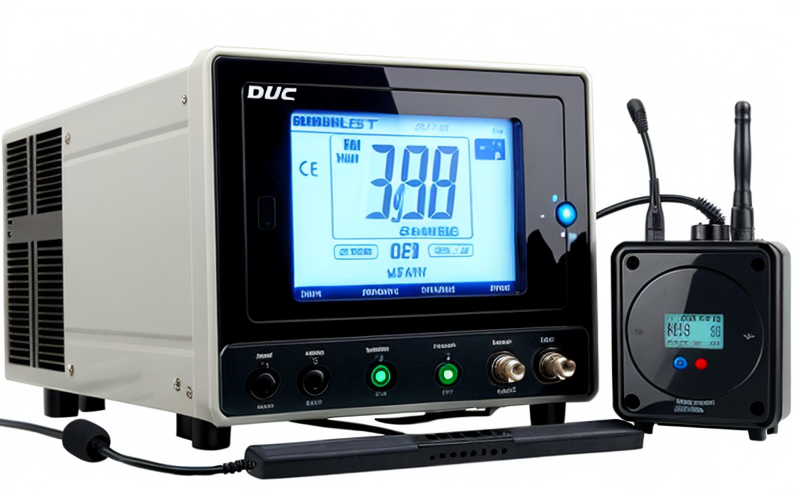IEEE 802 21 Wireless Handover and Interoperability Testing
The IEEE 802.21 standard is designed to enhance the performance and reliability of wireless communication networks by ensuring seamless handover between different access points (APs). This service focuses on testing devices for compliance with this standard, which includes interoperability checks across various manufacturers' equipment. Our comprehensive testing ensures that your products meet the latest standards and operate reliably in real-world environments.
Compliance with IEEE 802.21 is crucial for network operators and device manufacturers as it guarantees consistent performance during handover processes, reducing latency and improving user experience. The standard specifies procedures for negotiating a transition between two wireless networks while maintaining connectivity without interruption. This ensures that data flows smoothly even when devices move from one access point to another.
Our testing protocols follow the guidelines outlined in IEEE 802.21, ensuring thorough evaluation of your products against these benchmarks. We simulate various scenarios to assess how well your equipment handles handover events under different conditions such as varying signal strengths or interference levels. By doing so, we can identify any potential issues early on and suggest improvements before product release.
The testing process involves several key steps:
- Initial setup of the test environment to replicate real-world network configurations
- Simulation of handover events under controlled conditions
- Data collection and analysis during each trial run
- Evaluation against IEEE 802.21 specifications for compliance verification
Our team uses state-of-the-art equipment to conduct these tests, ensuring accuracy and reliability of results. With our expertise in wireless communication testing, we provide detailed reports that outline the performance metrics and any non-conformities found during testing.
Scope and Methodology
The scope of IEEE 802.21 Wireless Handover and Interoperability Testing includes assessing the ability of a device to maintain communication when switching between different wireless networks seamlessly. This service is essential for manufacturers of mobile devices, routers, and other networking equipment that rely on multiple access points within their products or networks.
The methodology employed involves setting up test scenarios that mimic typical usage environments where handovers are likely to occur. These tests evaluate the device's ability to detect impending handover events, request a transition from one network to another, and complete the process without loss of connectivity.
Key performance indicators (KPIs) measured during these tests include:
- Rapid detection of potential handovers
- Successful initiation of handover procedures
- Minimal packet loss during transition periods
- Efficient re-establishment of communication after the switch completes
We also consider other factors such as battery consumption during transitions, signal strength at different stages, and user interface feedback mechanisms. These additional parameters help us provide a holistic view of your product's performance under diverse operational conditions.
Eurolab Advantages
At Eurolab, we pride ourselves on offering exceptional quality and reliability through our cutting-edge testing services. Our state-of-the-art facilities are equipped with the latest technology to ensure accurate and precise results every time. With years of experience in wireless communication testing, our team is well-versed in handling complex scenarios that may arise during handover events.
We offer several advantages over competitors:
- Extensive industry knowledge and expertise
- Comprehensive testing capabilities covering all aspects of IEEE 802.21 compliance
- Access to advanced simulation tools for realistic testing environments
- Detailed reporting tailored to meet specific client requirements
Our commitment to excellence ensures that your products not only comply with IEEE 802.21 but also exceed expectations in terms of performance and reliability.
Competitive Advantage and Market Impact
- First-to-market products with proven compliance to IEEE 802.21 standards
- Enhanced brand reputation through consistent high-quality performance
- Increased market share by offering superior interoperability solutions
- Potential for cost savings due to reduced post-launch issues and recalls





